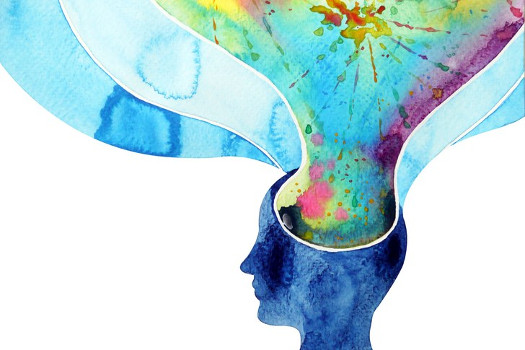FINDING SUPPORT FOR DEPRESSION AND SUICIDAL THOUGHTS
Suicidal thoughts are extremely distressing, but you don’t have to act on them. Even though it seems like there’s no way out, you can recover from suicidal thinking and return to normal living. Here’s what to do if you’re struggling with depression or suicidal thoughts.
When you’re in a crisis
If you’re thinking of hurting yourself right now, get help.
If it’s an emergency, call 911.
If you’re experiencing suicidal thoughts, but not in harm’s way, call the National Suicide Prevention Lifeline at 1-800-273-8255. You can also contact the Lifeline Chat.
Are you at risk?
Are you unsure if your situation is serious enough to warrant a call? If you’re experiencing one of these warning signs of suicide, it’s time to reach out.
- Feeling hopeless.
- Feeling like you have no reason to live.
- Feeling trapped.
- Pushing away family and friends.
- High-risk drug and alcohol use.
- Thinking of ways to harm yourself.
You don’t have to be suicidal to seek help for your mental health. If you’re experiencing these symptoms of depression, there’s help available.
- Feeling hopeless, helpless, or worthless.
- Feeling overly pessimistic.
- Difficulty completing basic tasks.
- Sleeping too much or too little.
- Chronic fatigue.
- Changes in appetite or weight.
- Trouble concentrating.
- Withdrawal and isolation.
Getting help for your mental health
It’s important to get help for your mental health even after suicidal thoughts have passed. When depression goes untreated, it can cause lasting damage to the brain and body.
You can’t fight depression alone. Self-help strategies like exercise, mindfulness, and even guided self-help apps can have a positive impact on your mental health, but people with severe depression need face-to-face help from medical professionals.
These are the pros to have on your emotional wellness team:
YOUR PRIMARY CARE DOCTOR
Your primary care doctor is the first stop when you need mental health treatment. Your primary care doctor can get you started on antidepressant medication and refer you to a specialist as required by insurance. While some insurance plans let patients see a specialist without a doctor’s referral, a counselor or therapist can’t prescribe medication; only your doctor or a psychiatrist can.
Your primary care doctor may be a medical doctor (MD or DO) or nurse practitioner (NP or FNP). If you’ve never met with a nurse practitioner or family nurse practitioner before, know that they have an advanced educational background (a degree in either Master of Science in Nursing or Doctor of Nursing Practice) and are qualified to diagnose, treat, and counsel patients and prescribe medications.
A PSYCHIATRIST
Your primary care doctor may refer you to a psychiatrist for diagnosis and medication management. Most psychiatrists don’t provide therapy or counseling.
Psychiatrists are medical doctors (MD or DO) who specialize in the diagnosis and treatment of mental illnesses. You may also see a psychiatric mental health advanced practice registered nurse (PMH-APRN), also known as a psychiatric mental health nurse practitioner or psychiatric mental health clinical nurse specialist (PMH-NP or PMH-CNS).
A COUNSELOR OR THERAPIST
Counselors and therapists apply psychotherapy treatment modalities to help patients overcome mental health problems.
A counselor or therapist may be a clinical social worker (LCSW), licensed professional counselor (LPC), licensed mental health counselor (LMHC), or licensed clinical professional counselor (LCPC). These professionals all have masters-level degrees and are licensed to provide counseling or therapy by the state. You can also receive therapy or counseling from a clinical psychologist. A psychologist has a doctorate degree (either a Ph.D in Psychology or Doctor of Psychology). While the types of counselors vary slightly in their approach, the most important thing is finding a professional you click with.
Don’t wait to seek mental health treatment. Whether you’re experiencing early signs of depression or having suicidal thoughts, professional treatment from a mental health team can help you feel better. Start assembling your emotional wellness team today so you can get on the path to a healthier mind.
Image via Unsplash





